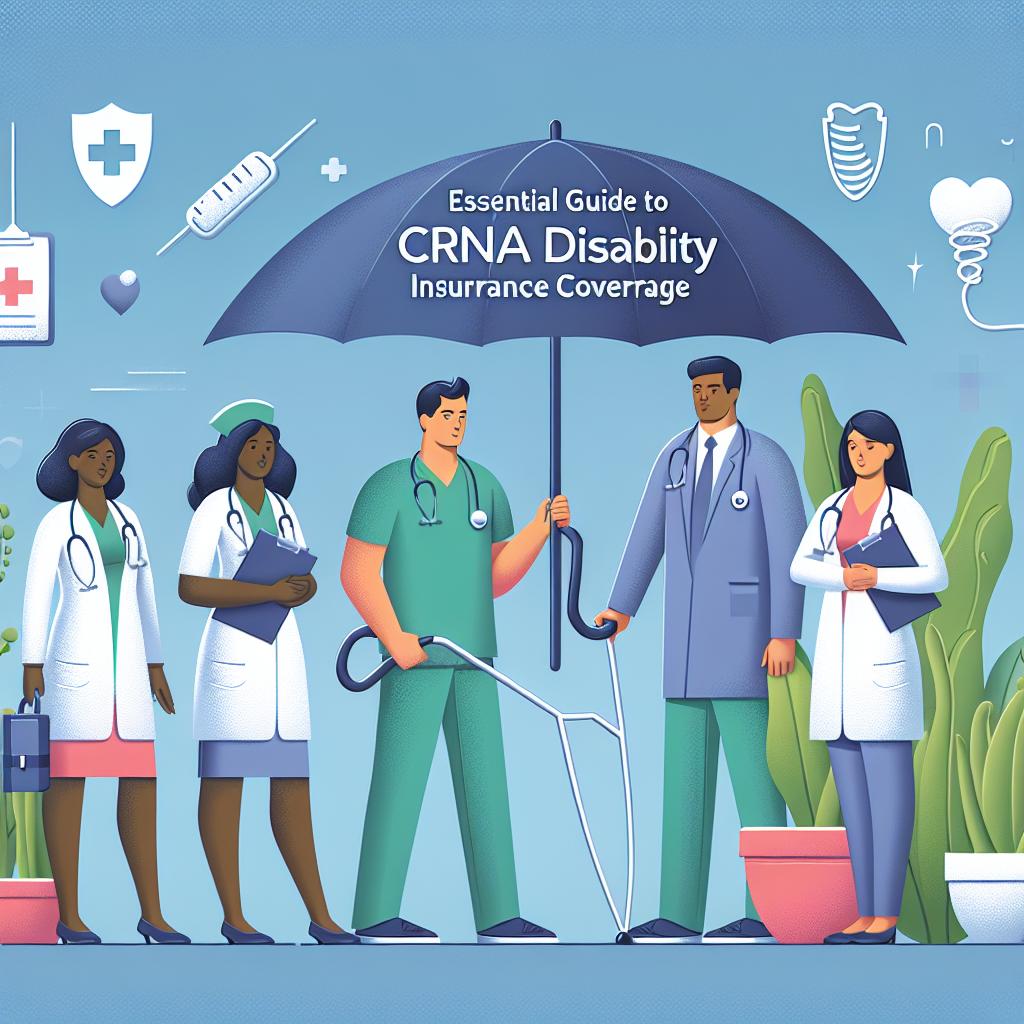Filed under Health Insurance on
National Insurance Health Plan for Senior Citizens

Planning for health care is a crucial aspect of retirement preparation, especially for senior citizens who may require more medical attention as they age. For those living in countries like the UK, a National Insurance Health Plan for senior citizens can provide a safety net, ensuring that medical services remain accessible and affordable. This article explores the intricacies of such health plans, offering insights into how they function, their benefits, and practical advice for managing health care in the golden years.
Understanding the National Insurance Health Plan
The National Insurance Health Plan is designed to offer financial support for medical treatments for senior citizens. This health plan is primarily funded by the contributions made by citizens during their working years, which then helps sustain the provision of health services as they transition into retirement.
One of the standout features of the National Insurance Health Plan for senior citizens is that it often guarantees coverage for essential medical services. This includes hospital stays, doctor's visits, and emergency care, which can significantly reduce out-of-pocket expenses for seniors. Additionally, prescriptions and preventive services may also be covered, providing a comprehensive health support system for those over a certain age.
Benefits of the National Insurance Health Plan
- Accessibility: Senior citizens can access a wide range of medical services without worrying about the immediate cost. This accessibility ensures that older adults receive timely and appropriate care.
- Financial Security: By reducing the direct cost of healthcare, the health plan provides financial security, allowing seniors to allocate their resources toward other essential needs.
- Preventive Care: Regular check-ups and screenings are encouraged, helping to catch potential health issues early and thereby reducing the risk of serious health conditions.
- Peace of Mind: Knowing that health needs are covered can bring peace of mind to senior citizens and their families, reducing stress associated with potential medical emergencies and treatments.
Real-life example: Consider Mr. Thompson, a retired school teacher who relies solely on his pension. Thanks to the National Insurance Health Plan, he has been able to undergo regular heart checks, ensuring his condition is monitored without fear of financial strain.
Practical Advice for Senior Citizens
While the National Insurance Health Plan provides a safety net, there are several practical steps senior citizens can take to maximize the benefits:
- Stay Informed: It's important to stay informed about what is covered under the plan and any changes that may occur. Regularly reviewing your policy and benefits can help you make the most of available resources.
- Maintain a Healthy Lifestyle: Engage in regular exercise, eat a balanced diet, and avoid smoking or excessive alcohol consumption. Healthy lifestyle choices can prevent or delay the onset of many health issues.
- Establish a Relationship with Healthcare Providers: Establish ongoing relationships with general practice and specialist doctors. Doing so ensures continuity of care and personalized medical advice, enhancing your overall health outcomes.
- Take Advantage of Preventive Care: Participate in screenings and vaccinations offered through the health plan. Catching diseases early can lead to more effective treatment and a higher quality of life.
- Plan for the Unexpected: While the health plan covers many costs, it's wise to have a contingency fund for unexpected expenses or treatments not included in the plan.
Real-life example: Mrs. Elson, a 70-year-old retiree, maintains a weekly exercise regimen and has built a strong relationship with her general practitioner. As a result, she enjoys good health and leverages preventive services to keep ailments at bay.
Common Challenges and How to Overcome Them
Even with the best intentions, senior citizens may face challenges while navigating their health care. Here are some common challenges and recommendations for overcoming them:
Navigating Bureaucracy
The healthcare system can be overwhelming with its paperwork and procedures. Here, seeking assistance from family members or professional advisors can be beneficial. Additionally, most national health systems offer helplines or customer service centers to guide citizens through the process.
Understanding Coverage
Many seniors find it challenging to understand which treatments and services are covered under the National Insurance Health Plan. Scheduling a consultation with a healthcare advisor can provide clarity and ensure that seniors know how to access the services they need.
Long Wait Times
Due to the demand for services, waiting times for certain treatments can be long. To manage this, seniors should plan ahead for non-urgent treatments and explore options for private healthcare if immediate treatment is necessary and within their financial capability.
Conclusion
The National Insurance Health Plan for senior citizens is a pivotal component of ensuring a high standard of health care in retirement. By understanding how to navigate the system and taking proactive steps to maintain health, seniors can enjoy a secure and fulfilling retirement.
Real-life example: Mr. and Mrs. Rivera, both in their late 60s, have found peace of mind through the National Insurance Health Plan. By planning visits and actively engaging in their health management, they continue to lead vibrant and active lives.
Frequently Asked Questions (FAQs)
- 1. What is the National Insurance Health Plan for Senior Citizens?
- 2. How can senior citizens apply for the National Insurance Health Plan?
- 3. Are prescription medications covered under the health plan?
- 4. Can the health plan cover private healthcare expenses?
- 5. What preventative services are typically included in the health plan?
The National Insurance Health Plan is a government-funded program that provides healthcare coverage for senior citizens. It helps cover the costs of medical treatments, hospital stays, and preventive services, reducing out-of-pocket expenses for eligible individuals.
Senior citizens typically do not need to apply specifically if they have been contributing to the National Insurance during their working years. However, they should register with a local healthcare provider or consult their health service's official website for detailed instructions and eligibility criteria.
Yes, many prescription medications are covered under the National Insurance Health Plan, often at a reduced cost. The specifics can vary, so seniors should consult with their healthcare provider to understand the coverage details fully.
No, the National Insurance Health Plan typically covers care within the public health system. If a senior chooses services outside this system, such as private healthcare, they may need to cover those expenses out-of-pocket unless they have additional private insurance.
The plan usually includes routine check-ups, screenings for conditions like cancer and heart disease, vaccinations, and lifestyle counseling. These services aim to detect health issues early and promote general wellness among senior citizens.





